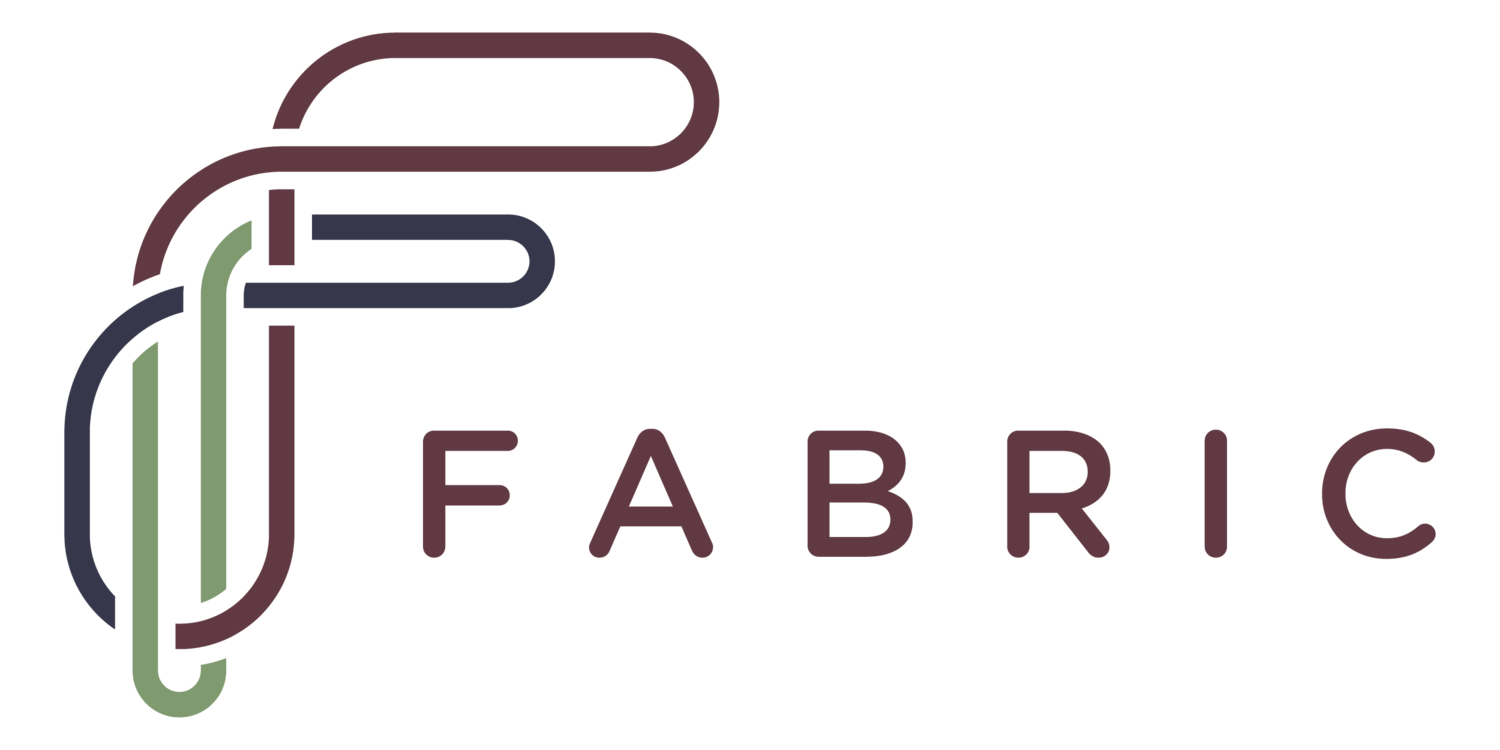Welcome to this conversation
Something New Is Being Born - Episode 4: Raising You thought the other stuff was hard, welcome to raising up what you gave birth to. Every day it has new needs. Of its own! Not yours. And tomorrow again. Yet, the joy of seeing your ‘baby’ come into its own brings joy you can’t measure. But then one day it starts taking paths you hadn’t chosen. Your child wants to wander, not be a carpenter, your song wants to go somewhere you don’t, your company outgrows your leadership. How do you let go of what you gave your life for? Merry Christmas!
Episode 4: Raising
This week Greg Meyer is speaking with Pastoral Care & life expert, Verlyn Hemmen; founder of Courageous HeARTS and resilience coach/consultant, Lindsay Walz (lindsaywalz.com); and digital healthcare corp CEO, Karl Ulfers about this last and lifelong stage of raising up what we gave birth to and gradually letting go.
If you are new to this conversation check back on how it was conceived - that was week one! LINK
Raising up - Children - Social Movements - Life - Christmas … is there a connection?
From Greg’s intro to the podcast.
“There is a lot more than children that we birth and raise up in our lives, and this raising up isn’t only something we do individually, we are raising a nation together right now together as a society.
“And this is happening as we approach a Christmas unlike any we have ever known. But Christmas is about the birth of Jesus, and I think that when we peel away all the sentimentality of the season and look at what it meant that earth was broken open so something new could be born and live here, and then that new thing landed in Mary and Joseph’s laps to be raised – and in reality is now in our laps to be raised – it all sounds like Christmas is describing what is happening today more than it is a reminiscence of something that happened 1000s of years ago.”
Listen to Verlyn Hemmen’s description of the stages of Professional Development. All four conversation partners agreed that they describe all forms of growing up pretty well.
Unconscious Incompetence.
Conscious Incompetence.
Conscious Competence.
Unconscious Competence. (with deliberate returns to 2, or inevitable returns to 1)
Something to Consider: One of the recurring themes in this conversation was of community. This task of raising up, or of being raised up, requires peers, mentors, other people helping us reflect on and learn with one another. The idea of using a disciplined process to ensure that this happens was also noted as invaluable.
Who are your peers and mentors? Are you able to be vulnerable and honest with each other? Is there discipline to the ‘when,’ ‘how,’ and ‘why’ of your meeting?
(Need help finding a group of peers like this? LINK)
Something to Consider: A hard part of raising others, or growing up yourself is that there is a lot of failure involved, another recurring theme.
What is your emotional, social, physical response to things not working, going wrong, failing? Can you make the switch from seeing those events as deadends to necessary parts of the learning/growing process?
Something to Consider: One more recurring theme is letting go. A comment from Verlyn that didn’t make the podcast was, “Letting go doesn’t mean stop loving.” Letting go is hard, necessary, and loving. It is, in fact, a necessary part of raising something or someone.
How does this relate to your relationship to your family? To your work? To your role in some of the big social issues that are weighing on you these days?
Lindsay Walz raised a great example of our discomfort in letting something grow up outside our control in her reflections on the phrase “Defund the Police” as it is heard by white-bodied people. How is that a good example of ‘letting go’ for us at a societal level?
Some Good News about this hard, messy work of raising what we’ve birthed from each of our conversation partners:
Verlyn Hemmen - “In doing this hard work you get surprised by joy.”
Lindsay Walz - “In my life pain and joy are two sides of the same coin, and if you are willing to experience pain you are so much more open to joy.”
Karl Ulfers - “I view the process and the pain as a wonderful thing because the end product is so much greater when we go through it. Where we get to in the end is such a very different place than if you had taken short cuts.”
Talk more about this with a group
Click HERE for a discussion guide.


